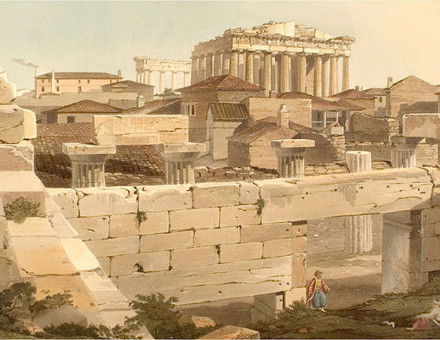The Unification of the Mediterranean: Cold War in the Ancient World, Part II
The monarchs of the East had developed an effective technique of establishing control of the Greek cities by volunteering to “liberate” them. This was a method, writes E. Badian, of which Roman statesmen quickly learned to take advantage.



